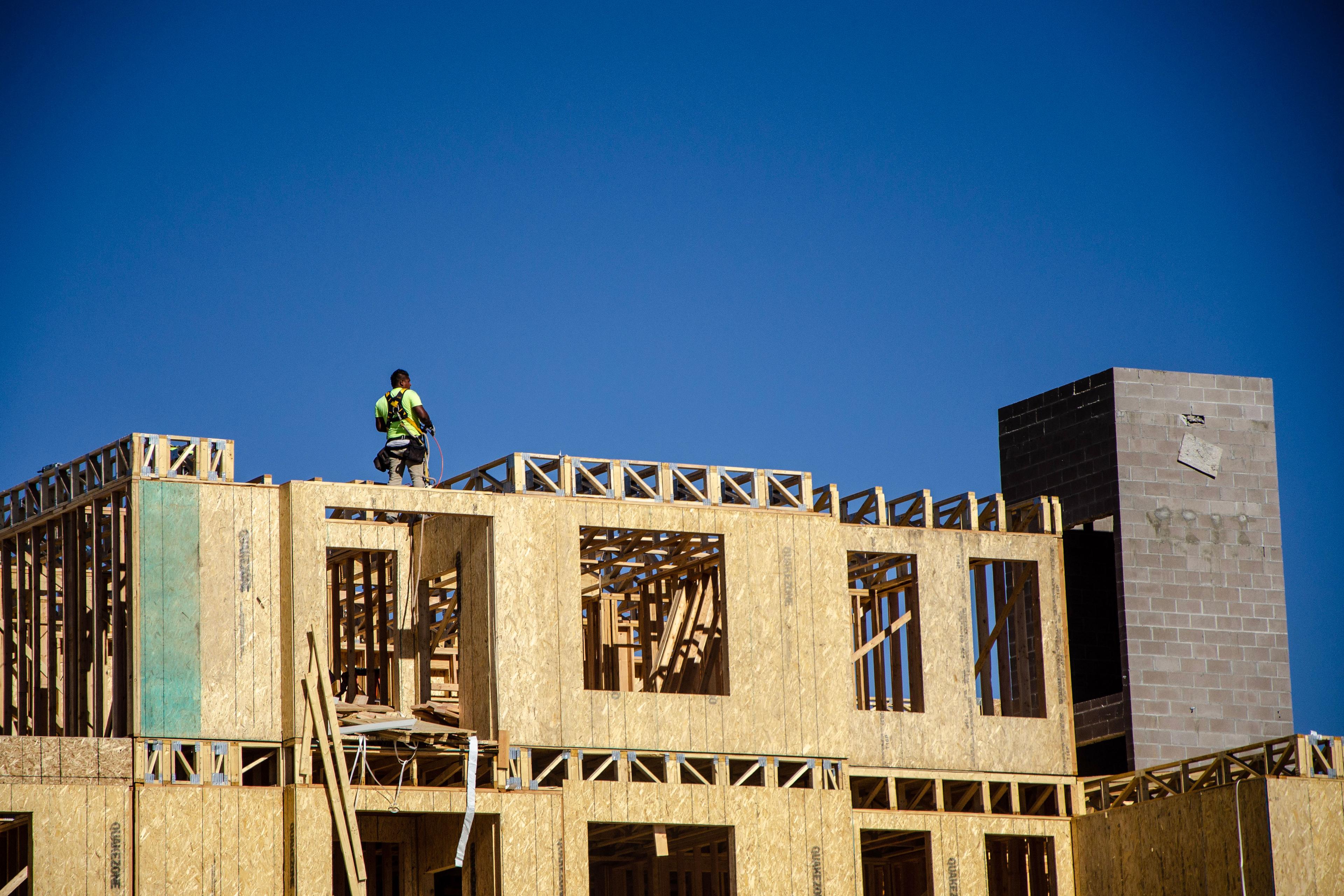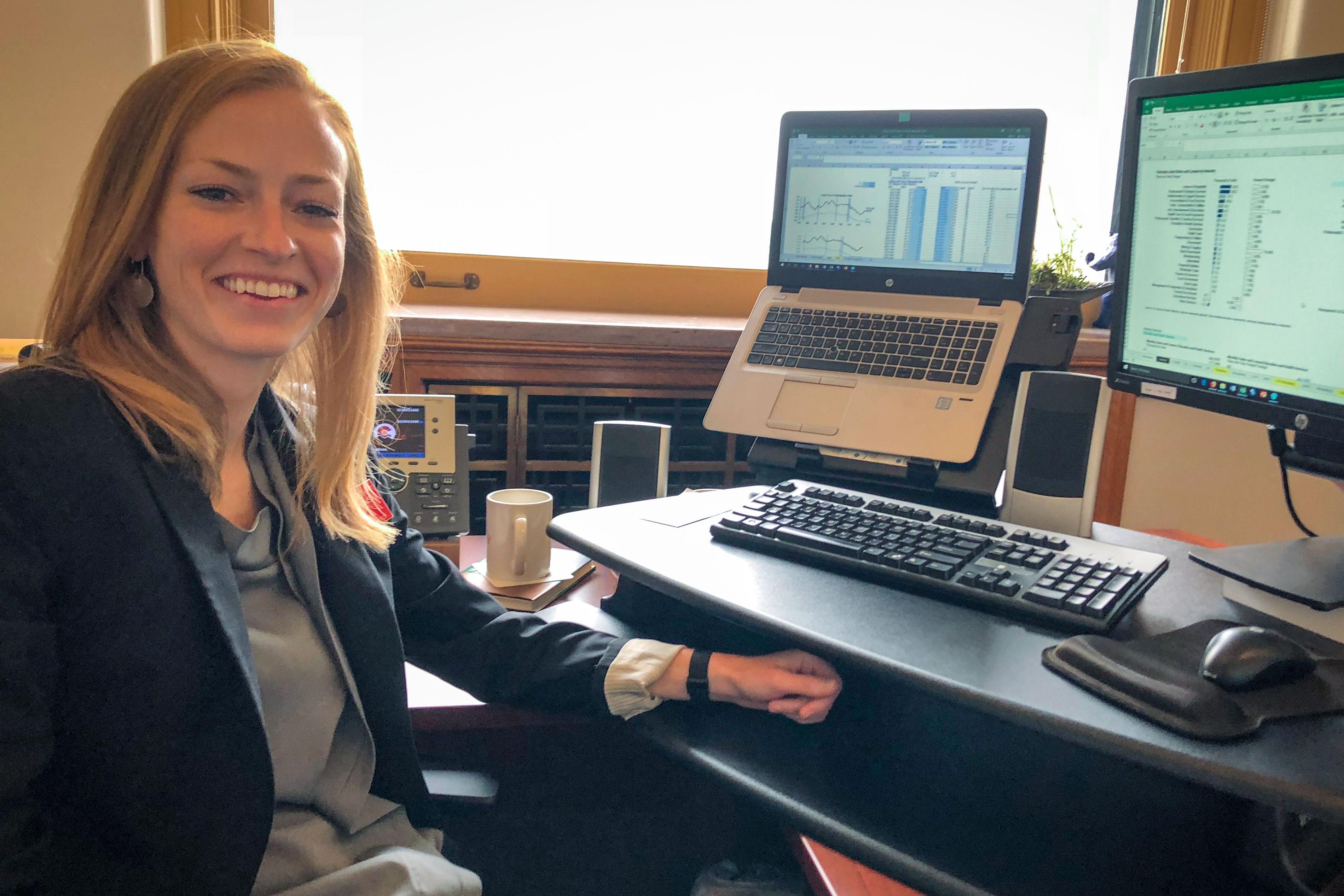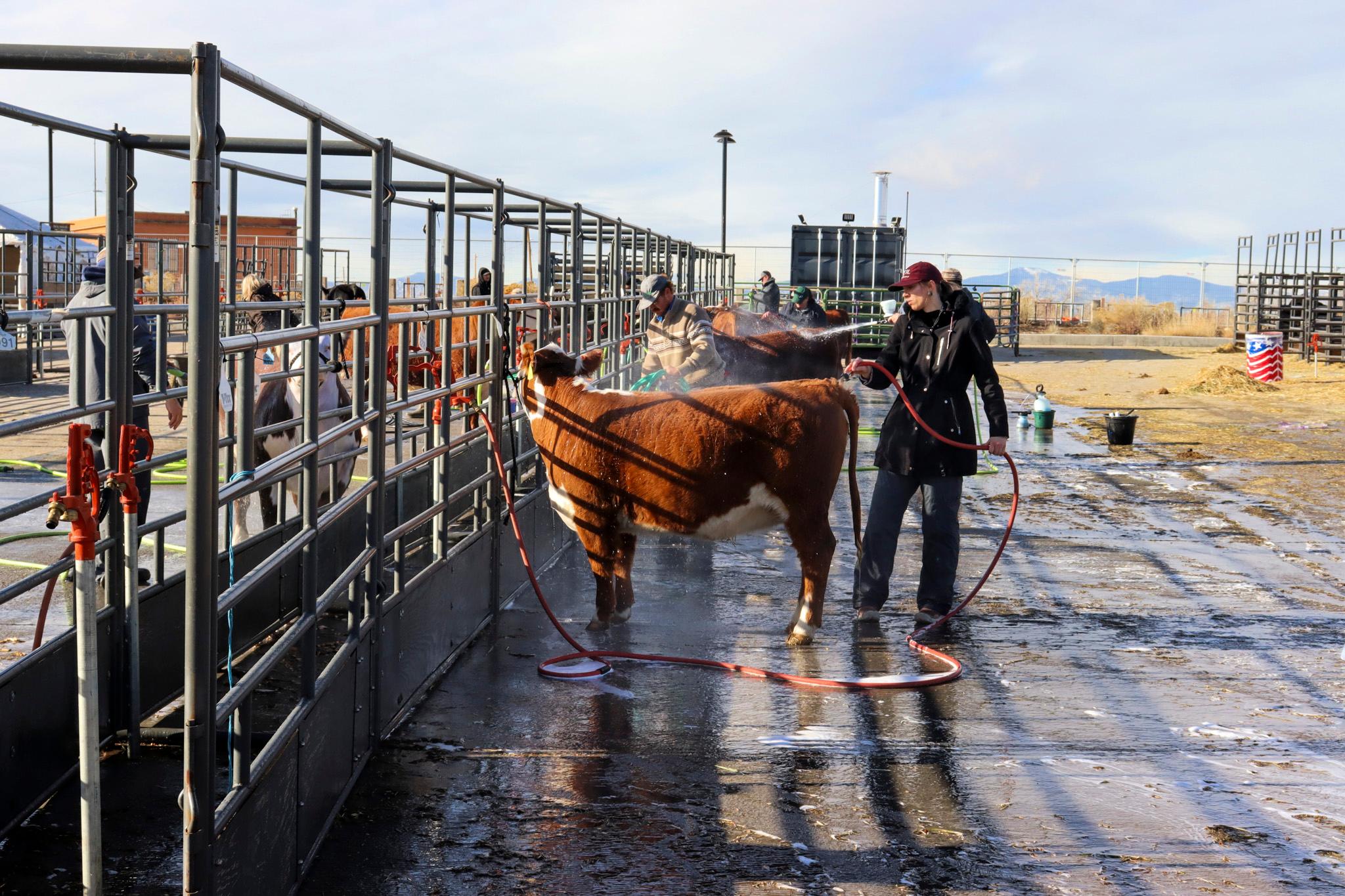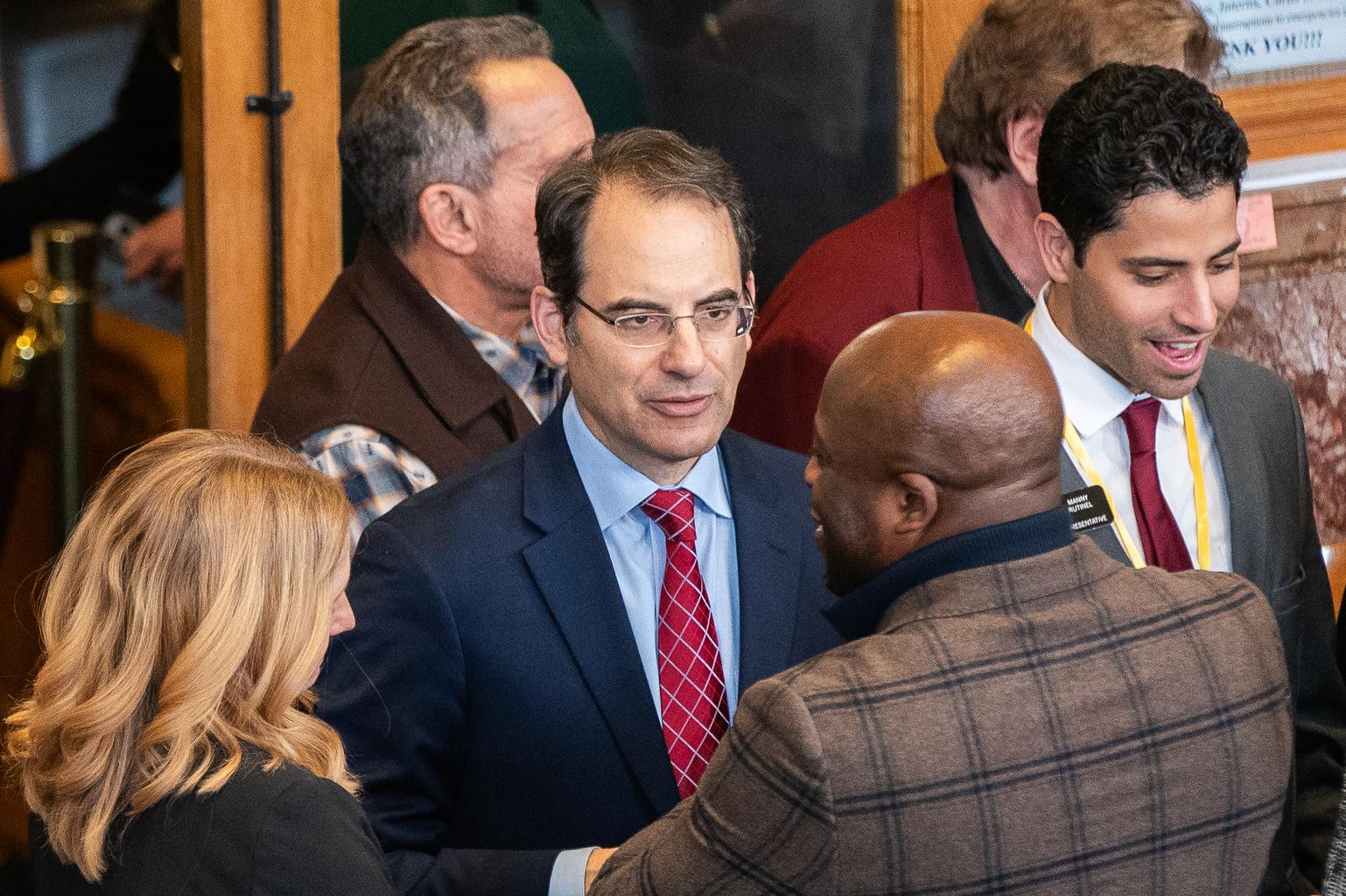

Colorado Springs wasn’t a hard sell for Alex Fornshell, in large part because he’s an avid mountain biker.
“There’s a ton of mountain biking trails out here, and I’m from Kansas so there wasn’t a lot to do,” he said. “As far as outside activities, so it’s perfect for me here.”
Fornshell is an electrical engineer for Broadcom, and when the company moved to Colorado Springs he came with it. He is trying to buy a home, and he’s been surprised at the prices.
“You could get about twice as much house for your money in Kansas.”
That’s a common complaint for anyone who has tried to buy a house in Denver. But in the state’s second largest city, home prices have jumped 44 percent in the last 5 years. The Colorado Springs real estate market is the second most active in the country, according to Attom Data Solutions which tracks how many people are moving in an area.
Real estate agents couldn’t be happier.
“It is good to be an agent at this time. It’s always good to be an agent if you like real estate, you know, I love selling real estate,” said Jay Gupta, a longtime agent in Colorado Springs.
Gupta sees the challenge for first-time buyers who don’t have many options to choose from.

The inventory of homes for sale in the Springs is the lowest Gupta’s ever seen, just 1.5 months of supply. That’s how long it would take to sell all the available homes at the current rate of purchase. Back in 2005, when there was 3 months of supply, Gupta thought he’d never see it that low again.
Finding affordable options is nearly impossible. Of course, “affordable” is a relative term.
For Denverites and Californians flocking to Colorado Springs the market still seems like a pretty good deal. The median price for a single family home in the Denver area is $445,000, 41 percent higher than Colorado Springs, where the median price is $315,000.
Gupta has clients from Denver buying property, even in southern part of the Colorado Springs metro thanks to telecommuting.
“Because they can get brand new homes at a much much more reasonable price,” he said. “And they’re saying, ‘we only need to drive a couple of times a week to Denver and it can work for us really well.’”

It’s not that crazy, according to Kate Watkins the chief economist for the state legislature. For her, Colorado Springs’ natural beauty (think Pikes Peak and the Garden of the Gods), diverse economy and currently competitive housing prices are all part of the city’s attraction.
“There’s a lot going on in terms of pushing people out of Denver metro and then into Colorado Springs,” Watkins says.
Real estate in the northern Front Range is expensive, compared to Colorado Springs. And, Watkins says, economic growth south of Denver is booming now. It was slow to recover from the Great Recession, but in the last couple of years metro Colorado Springs has taken off, adding 42,000 jobs.
Unfortunately, just like in Denver, builders in Colorado Springs aren’t constructing enough new homes for everyone. Approved housing permits for the Colorado Springs metro have almost doubled since 2015, up 89 percent. But builders are still not back to their 2005 levels.

That lack of homes frustrates would-be buyers like Alex Fornshell. He was just outbid on a home on the west side of the city.
“You know, that makes me doubt if I can compete with these people that come from way more expensive areas and they might think $400,000 for a house is cheap. And to me that’s a lot of money, and it’s hard for me to just spend that on a whim without thinking about it,” he said.
In a market this hot, that’s what buyers need to do. They have to make a quick decision on a property and make an offer. While that’s the norm in Denver, for buyers in Colorado Springs it’s a tough new reality, one Fornshell isn’t comfortable with yet.









